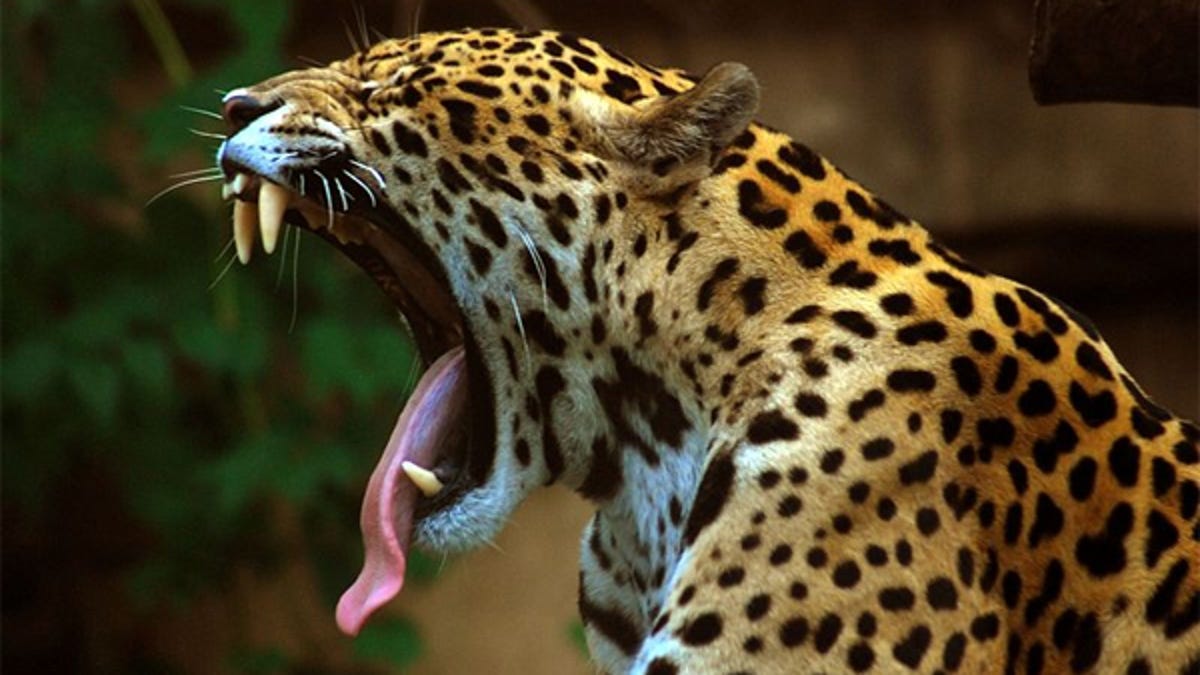Brazil to clone endangered animals
In an attempt to conserve endangered wildlife, Brazil is working on a cloning project for eight South American species.

(Panthera onca at the Toronto Zoo image by Marcus Obal, CC BY-SA 3.0)
In an attempt to conserve endangered wildlife, Brazil is working on a cloning project on eight South American species.
While humanity is very successful as a species, our success often comes at a devastating cost to the other life with which we share our planet.
In a proactive attempt to do something about conservation, the Brasilia Zoological Garden and the Brazilian Government's agricultural research branch EMBRAPA are working together to try and clone wild animals. These cloned animals would then be kept in captivity — so not only would the number of existing animals presumably increase, the impact of removing animals from their native environment would decrease.
The initiative is a long-term one, and has already been underway for two years. Now in the first stage — collecting genetic samples from dead animals found in the wild — the second stage will be to train researchers at the zoo.
The eight animals that have been selected for the program are:
The maned wolf, which will probably be the first cloned animal
The jaguar
The black lion tamarin
The bush dog
The collared anteater
The gray brocket deer
The bison
The South American coati.
EMBRAPA researcher Carlos Frederico Martins told Latin American news service Tierramérica, "From the point of view of conservation, the ideal approach is to preserve and multiply the number of wild animals where they are found." Cloned animals do not have enough genetic variance to make releasing them into the wild beneficial — although, if wild population numbers dropped dangerously low, the cloned animals could be released as an emergency measure. However, without removing the cause of an animal's endangerment, this could only buy a little time before the inevitable.
Quite a few clones have been made successfully in the past, although most of them have been domesticated animals. EMBRAPA has successfully cloned cows, but this will be Brazil's first attempt at cloning wild animals.
At least it's not Hitlers.
Via dvice.com

